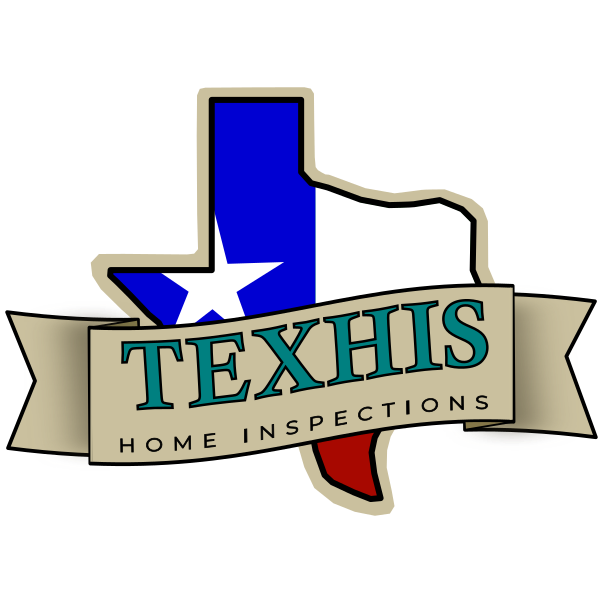Purchasing a commercial property is a major investment, whether you’re buying for business operations, rental income, or long-term growth. Before signing on the dotted line, it’s essential to understand the true condition of the building. That’s where a commercial inspection comes in. A thorough inspection gives you a clear picture of the property’s strengths and weaknesses so you can make a confident and informed decision.
Understanding Commercial Inspections
What a Commercial Inspection Covers
A commercial inspection is a detailed evaluation of a property’s major systems and structural components. Inspectors assess the condition of the roof, foundation, electrical, plumbing, HVAC, and safety systems. They also look at the overall building envelope, which includes walls, windows, and doors. The goal is to identify current issues, maintenance needs, and potential costly repairs that could impact your investment. Unlike a casual walk-through, this process is methodical, guided by professional standards, and backed by years of experience.
Why Commercial Inspections Are Essential for Buyers
For property buyers, the stakes are high. A commercial inspection helps uncover hidden problems that may not be visible during a showing. For instance, a roof might look fine from the ground but have leaks or weak spots that require major repairs. Plumbing systems could have slow leaks leading to mold growth. HVAC systems may be outdated, costing thousands to replace. By spotting these issues early, you can negotiate repairs, request credits, or reconsider the purchase altogether. A commercial inspection safeguards your investment by ensuring you know exactly what you are buying.
Financial Advantages of Commercial Inspections
The upfront cost of a commercial inspection is small compared to the potential savings it can bring. Imagine discovering after purchase that the property needs a new roof or extensive electrical rewiring. These repairs could cost tens of thousands of dollars. A commercial inspection allows you to factor these expenses into your budget or adjust your offer price accordingly. In some cases, the findings can give you leverage during negotiations, allowing you to secure a better deal.
Safety and Compliance Considerations
Commercial properties are subject to stricter safety and compliance standards than residential buildings. Inspectors evaluate whether the property meets local building codes, fire safety requirements, and accessibility regulations. For buyers, this is especially important, since non-compliance can lead to fines, costly upgrades, or even liability issues. A commercial inspection helps you avoid unexpected legal or financial burdens by ensuring the property is up to code before you finalize the purchase.
The Role of Specialized Inspections
Depending on the type of property, specialized inspections may be necessary. For example, industrial properties might require environmental assessments, while medical facilities could need inspections tailored to their specific equipment and design. Older buildings may benefit from structural engineering evaluations or asbestos testing. Your commercial inspector can guide you in determining which specialized services are necessary for your property. Taking these extra steps ensures you have a complete understanding of the building’s condition.
Preparing for the Inspection Process
As a buyer, you can prepare for the inspection by gathering relevant documents such as maintenance records, repair invoices, or building permits. These records provide the inspector with valuable background information and may help identify recurring issues. It’s also a good idea to attend the inspection in person. Walking the property alongside the inspector allows you to ask questions, see problems firsthand, and gain a deeper understanding of the building’s condition. This active participation can help you make more confident decisions moving forward.
Turning the Report Into Action
After the inspection, you’ll receive a detailed report outlining the findings. This report will highlight any areas of concern, recommend repairs, and estimate the expected lifespan of major systems. It’s important to review this document carefully and discuss it with your real estate agent or attorney. Together, you can decide how to address the issues, whether that means negotiating repairs, adjusting the purchase price, or planning for future maintenance. The inspection report is not just a list of problems; it’s a roadmap for making smart financial decisions.
FAQs About Commercial Inspections
How long does a commercial inspection take?
The length of time depends on the size and complexity of the property. Smaller office buildings may take a few hours, while larger industrial spaces or multi-story properties could take an entire day or more.
Can I use the inspection report to negotiate the purchase price?
Yes. Inspection reports often uncover issues that can be used as leverage during negotiations. Buyers frequently request repairs, credits, or price reductions based on the findings.
Are commercial inspections required by law?
In most cases, inspections are not legally required, but they are strongly recommended. Skipping this step could leave you vulnerable to unexpected repair costs and compliance issues after purchase.
What qualifications should I look for in an inspector?
Choose an inspector with experience in commercial properties, not just residential. Certifications, industry affiliations, and strong references are good indicators of a qualified professional.
Do I need specialized inspections for every property?
Not always. Standard inspections cover most major systems and structures, but unique properties such as warehouses, medical offices, or older buildings may benefit from specialized assessments. Your inspector can advise you on what’s necessary.
TexHIS offers licensed and certified commercial inspections in San Antonio, TX and the surrounding areas. Call us today to book your inspection with an experienced professional.

